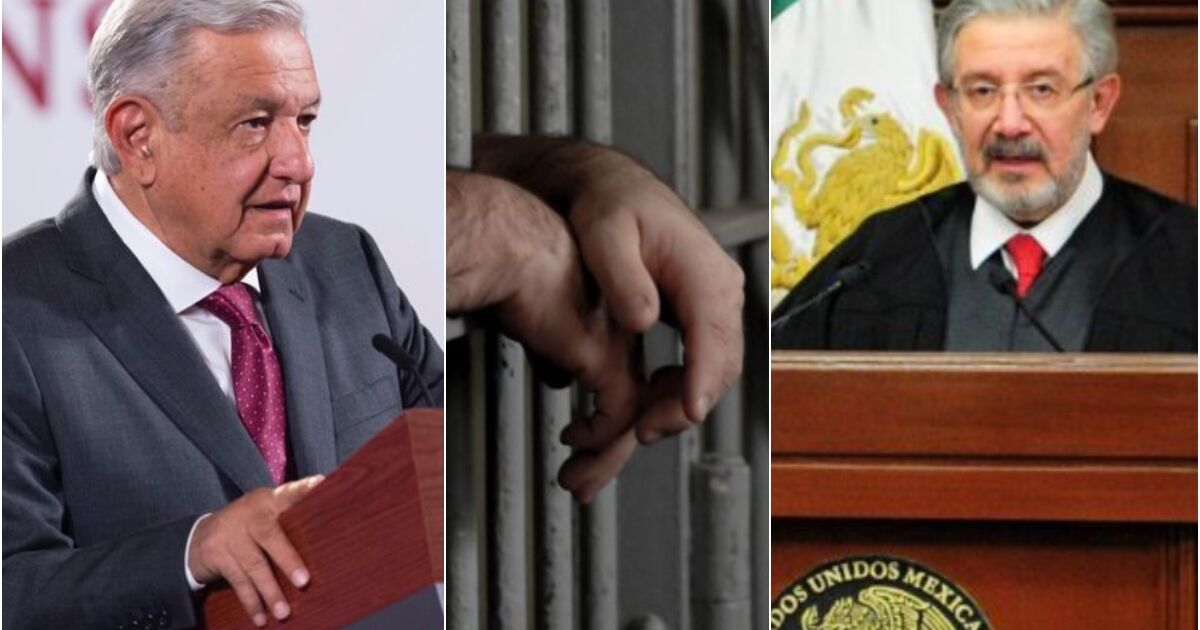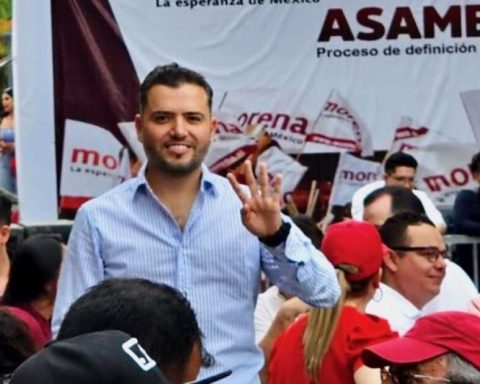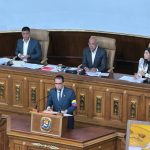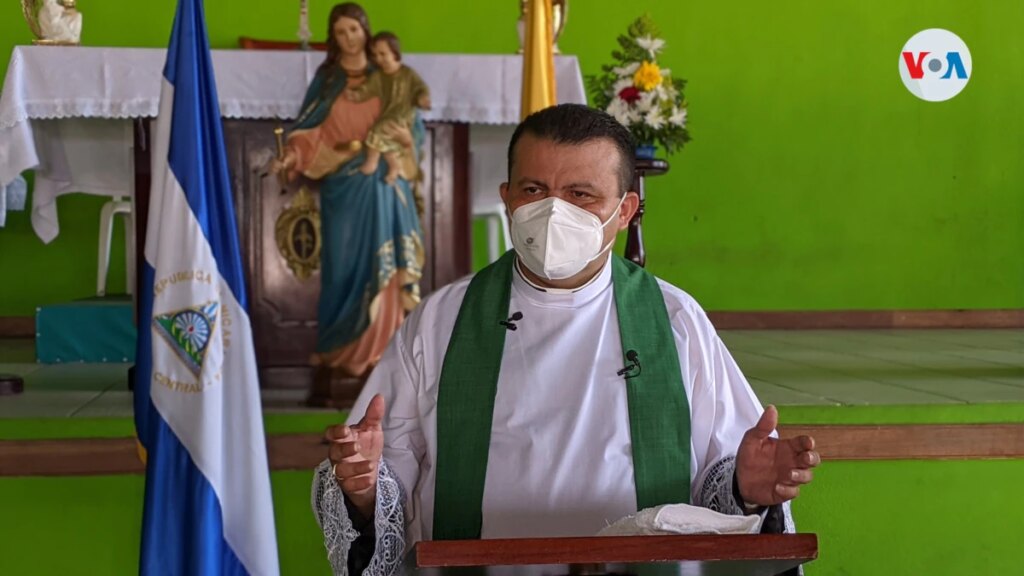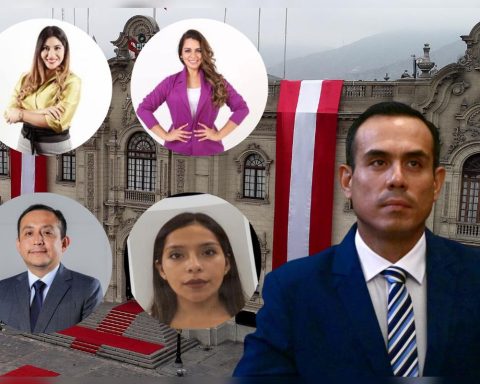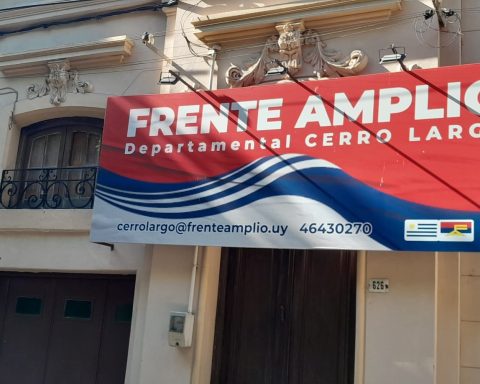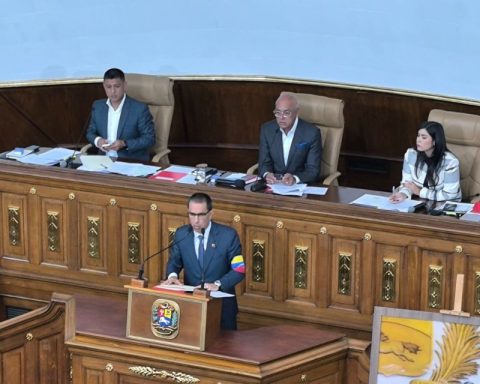With this, the information is intended to serve as input for the discussion that the ministers will have this Monday, September 5, during the public session in which it will be necessary to define whether informal preventive detention, regulated in article 167 of the Code, is declared unconstitutional. National Criminal Procedures (CNPP), indicated the organization.
“What Intersecta has done is process and analyze the information, hoping it will be useful for the Supreme Court,” he noted. Estefania Vela Beardlegal representative of Intersecta Organization for Equality, AC
An attack on the rule of law: the government’s vision
As soon as the meaning of the Luis María Aguilar project on informal preventive detention became known, the reactions from the government arose. The first to express his rejection was President Andrés Manuel López Obrador, who said that eliminating this precautionary measure has the essence of generating impunity and corruption.
“The essence is that impunity and corruption are sought,” he said after asking the Secretary of the Interior, Adán Augusto López, and the Legal Adviser, María Estela Ríos, to present arguments why they consider that informal preventive detention should not be eliminated.
On his side, the Secretary of the Interior, Adán Augusto López Hernández, and the legal adviser, María Estela Ríos González, delivered to the Court the position of the federal government on the mandatory nature of this figure.
According to the head of the Interior, if preventive detention were limited, the entire security strategy of the country would be ending and “the Mexicans do not deserve that.”
Last Friday, in his morning conference, the Undersecretary of Public Security, Ricardo Mejía, warned that eliminating this figure will establish the Judiciary as a Constituent Power, in addition to the fact that more than 92,000 people currently imprisoned could be released.
“If preventive detention is eliminated, as the bills under discussion today in the Supreme Court intend, not only would it return to the ‘revolving door,’ but we could now speak of an open door, because 92,000 people in Mexico today are Subject to preventive detention for serious crimes, kidnappers, drug traffickers, femicides, among other crimes, or even white-collar criminals, could request to be released from prison, with which there would be great, great impunity,” he said.
In that same conference, the president described as “very serious” that the ministers eliminate the informal pre-trial detention, and even acknowledged that “he was wrong” with the four that he proposed in triples: Juan Luis González, Yasmin Esquivel, Margarita Ríos and Loretta Ortiz Ahlf .
Likewise, Morena’s bench in the Chamber of Deputies rejected Minister Aguilar’s project, considering that “it would be an attack on the rule of law.”
“It would be equivalent to a direct violation of the Constitution, whose preservation is protected in article 135,” says the statement of the “icing” bench in San Lázaro, which was read last week by deputy Juan Ramiro Robledo.
